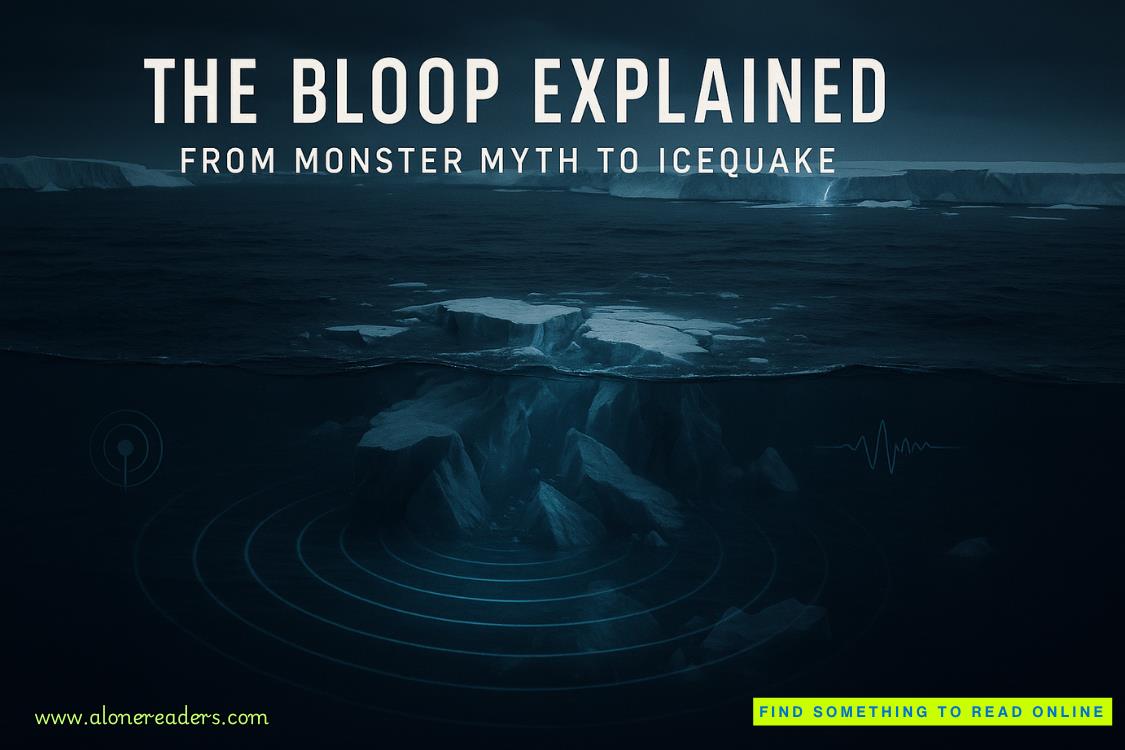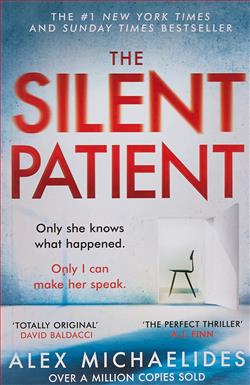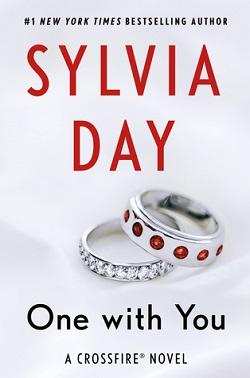A file waiting for me was stamped with the crimson insignia of utmost secrecy. Inside was a name I recognized: “Leonid Markov,” a Soviet trade delegate stationed in Prague. Markov was no mere bureaucrat. He was suspected of coordinating intelligence operations across Central Europe, operations that threatened to hamper the Führer’s aims. Our evidence was circumstantial, but circumstantial evidence was my specialty.
Technically, Soviets were off limits.
According to leadership, Hitler had secured our eastern flank. They would never say how, only that the Father of the Fatherland had worked his magic, and there was no need to worry about Stalin moving against us.
Who was I to argue? The Führer had worked one miracle after another. He could do no wrong. In the eyes of his people, he was nearly a god. If he said there was no need to worry about Stalin and his Red Army, so be it.
Within the intelligence community, confidence was high that it was only a matter of time before the war turned and our Führer aimed his swords at the bear. And so, as with every other major power on the globe, I studied the Soviet Union, watched them, and planned for the day when our blades would swing at Russian throats.
Running my fingers across the edges of the file, its texture felt rough against my skin. Markov’s photograph stared up. A man in his forties, his black hair was slicked back, and he maintained a thick, bushy mustache. His eyes were heavily lidded, betraying nothing. I admired that about him. Secrets, after all, were a kind of currency, and Markov was a wealthy man.
He was also my first major target, the first mission to offer me real advancement and the attention of our most senior leaders. In short, this Soviet and his careless dalliances were everything I had hoped for.
A knock at the door interrupted my thoughts.
“Come in,” I said, not looking up.
The door creaked open, and Major Koch entered. His presence filled the room like a gathering storm. Koch carried authority effortlessly, his shoulders broad and his every movement calculated. He wore the black of the SS with silver accents gleaming in the light.
“Heinrich,” he said, his voice clipped. “Walk with me.”
I shoved the file in a drawer, locked it, and followed him into the corridor. The clicking of typewriters and hum of muffled conversations created a symphony of efficiency.
As we walked, Koch spoke in low tones.
“Markov,” he began. “Our sources indicate he has been frequenting certain establishments in Prague. Places where menlike himexchange more than pleasantries.”
I nodded, understanding the implication and the way Koch practically spat his words. Homosexuals were among the more vile of creatures, almost as detested as Jews, perhaps even more so. Stalin had not hidden his dislike of their abhorrent ways. I was confounded at why this man was allowed to rise in Soviet ranks. In the Fatherland, he would already be in prison or dead.
“Do we have specifics?” I asked.
“Not yet,” Koch admitted. “But the Abwehr1 has been monitoring him closely. They have identified a pattern. He is cautious, but even the cautious make mistakes, especially whenpassionsare involved.”
We reached a window overlooking the courtyard where a truck loaded with crates was being inspected by guards. Koch turned to face me, his expression grave.
“I need you to compile a full profile,” he said. “Habits, weaknesses, vulnerabilities. If Markov is a threat, we must neutralize him before he compromises us.”
“Understood, sir.”
Koch’s eyes narrowed. “Do not underestimate him, Heinrich. Men like Markov are dangerous because they believe in something greater than themselves. He may be a deviant, but he is a faithful follower of the communist dogma.”
I almost laughed at the irony of his statement but kept my expression neutral. No loyal Nazi would ever equate Hitler’s truths to other men’s hollow creeds. “I won’t, sir.”
Koch nodded once, then turned and marched away, his strides—and likely his mind—already shifting toward whatever was next on his day’s agenda. I stared a moment into the courtyard before returning to my office.
I spread Markov’s file across the desk. Each page, each photograph, was a piece of the puzzle. How did they fit together? What story did they tell? I studied his movements, his associates, his coded messages. Patterns began to emerge, faint but discernible.
As I sat back to ponder everything that lay before me and sort through what I knew, not just of the man’s actions but of the history that led him to this moment, my thoughts drifted to my own past.
My mother died when I was little. I barely knew her. My younger sister Julia and I had to fend for ourselves while Father worked to provide for what was left of our family.
Julia was everything.
Her smile was as wide as her eyes were bright. Her laugh made the world a better place. I took my role as her big brother every bit as seriously as Father did his as our provider. I vowed to protect my baby sister, to shield her from the world, to keep her smile shining brightly.
Tuberculosis didn’t care about my promises. It didn’t fear my vow.
Julia’s was the first death I witnessed. She was only five years old.















